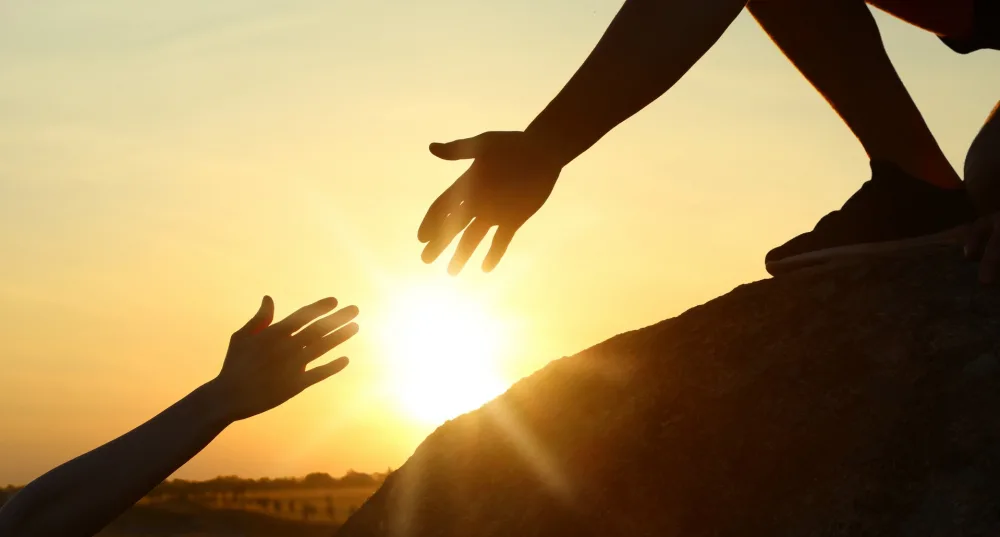COVID – 19 and Mental Health Checklist
____ Call or video chat with friends and/or family
____ ZOOM meal or meeting with friends and/or family
____ Speak with someone I haven’t spoken to in long time
____ Relaxation/Breathing exercises; meditation, yoga
____ Indoor physical exercise; workout; virtual workouts
____ Outdoor exercise – walk, hike, run, bicycle (wear mask, social distance)
____ Outdoor get together friends or family (backyard, large porch with proper distancing, masks)
____ Long Car Ride
____ Enjoyable and distracting activities: ___Reading __ Listening to music ___ Dancing/Singing ___ Art/Painting ___Gardening/Planting ____Play instrument ____ Puzzles/Games ___ Other
____ Watch movies or shows I missed
____ New project (s)
____ Comic Relief i.e. watch funny show, YouTube or Netflix comedians, read joke book)
____ Take a nap, rest
____ Reminisce – watch family videos, look at albums
____ Clean the ______; Organize the _______
____ Help someone; make a charitable contribution or gesture
____ Journal, establish a gratitude document
____ Eat healthy
____ Remind self of positive attributes
____ Treat partner, children, others with respect; let them know the things you appreciate about them
Add others as you see fit.
Limit: Watching or reading news; substance use; compulsive (comfort) eating; compulsive shopping
Try to do at least 3-5 of these depending on circumstances
